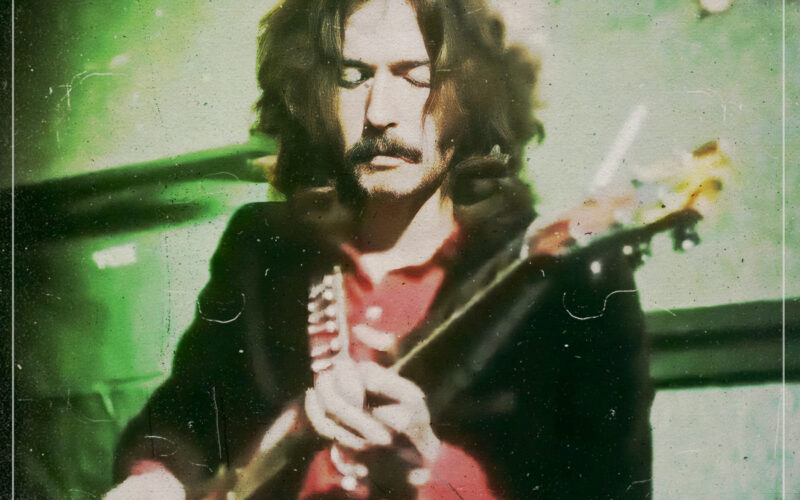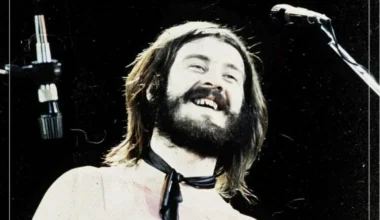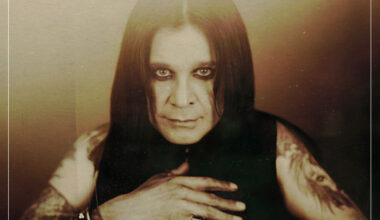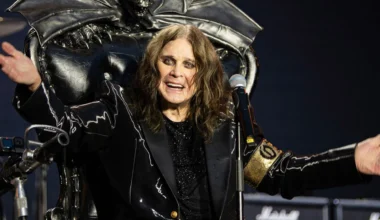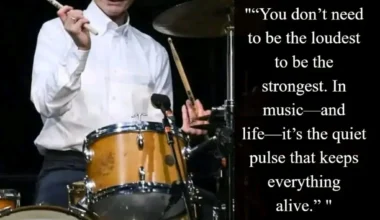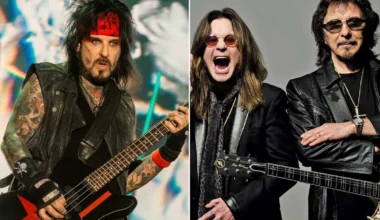Eric Clapton, like many young English rockers in the late 1960s, was intrigued by the seemingly idyllic music scene developing in northern California. Where once the draw of American culture might have enticed a guitar-wielding Brit to New York, Chicago, or New Orleans, it was now San Francisco that looked like the groovier destination.
“The English music market has been bred so long on immaturity,” Clapton told Rolling Stone in 1968; an ironic criticism coming from a 23-year-old with many immature missteps still ahead of him. “In the press and music papers, they are concerned with nothing else but top 40 and music doesn’t really matter. . . . They could use, from San Francisco, a little more open-mindedness about music, to grow up about it.”
At this point, Clapton was just a few months removed from Cream’s first performance in San Francisco, a fantastically well-received show at the Fillmore. He was also, however, a few months away from announcing Cream’s break-up. Things just happened a lot more rapidly in the music biz of the 1960s.
One exception to that rule, I suppose, were the performances of a certain San Francisco band that in many ways would come to define the Haight-Ashbury scene, even as they outlasted and ultimately transcended it.
The Grateful Dead were not a band interested in competing with the three-and-a-half-minute format of rock radio, and instead took their inspiration from the more free-spirited approaches of jazz, trad folk and saloon music, where each musician had space to breathe, and a concert carried on however the breezes might will it. Considering Clapton’s views on the stuffy pop obsessions of the British market, this presumably would have been just the kind of refreshing, open-minded blues rock he was looking for. But that wasn’t quite the case.
“I don’t think the quality of [the Grateful Dead’s] music is as high as a lot of other good recording bands,” Clapton told Rolling Stone. “People are more concerned with live music, maybe, than with recording. . . . If The Grateful Dead are one of the best, they’re not doing a very good job on record.”
Jerry Garcia, incidentally, might have nodded enthusiastically in agreement had he been in the room. Just a few years later, Garcia would famously tell a journalist in Philadelphia that “the Grateful Dead don’t make good records. I hate all my records.” The point, of course, was that the essence of the band, at their best, was impossible to harness in a recording studio.
Clapton, who also expressed his general “meh” feelings about Garcia’s guitar playing style back in ‘68 (“It’s very good and very tight, but it’s not really my bag”) did eventually come around to a different view of the Dead over the years, as his own ego took enough punctures to allow for a fresher perspective.
In a 1998 interview on CNN, Clapton—with the aid of hindsight and 30 years’ worth of Deadhead culture to appreciate—acknowledged that his skills might actually have blended well with those of Garcia and Co had he ever pursued a collaboration.
“I would have loved to have played with them, actually,” he said. “That would have been great fun, just to pick up some of that vibe … just to figure it out.”
The Grateful Dead were still touring well into the 1990s, during a time when Clapton was also on something of a comeback swing in his career, so the opportunity was certainly there. Unfortunately, Eric never communicated his interest in a collab ahead of Garcia’s untimely death in 1995. And thus, what might have been a very interesting pairing of classic rock royalty never materialised.
